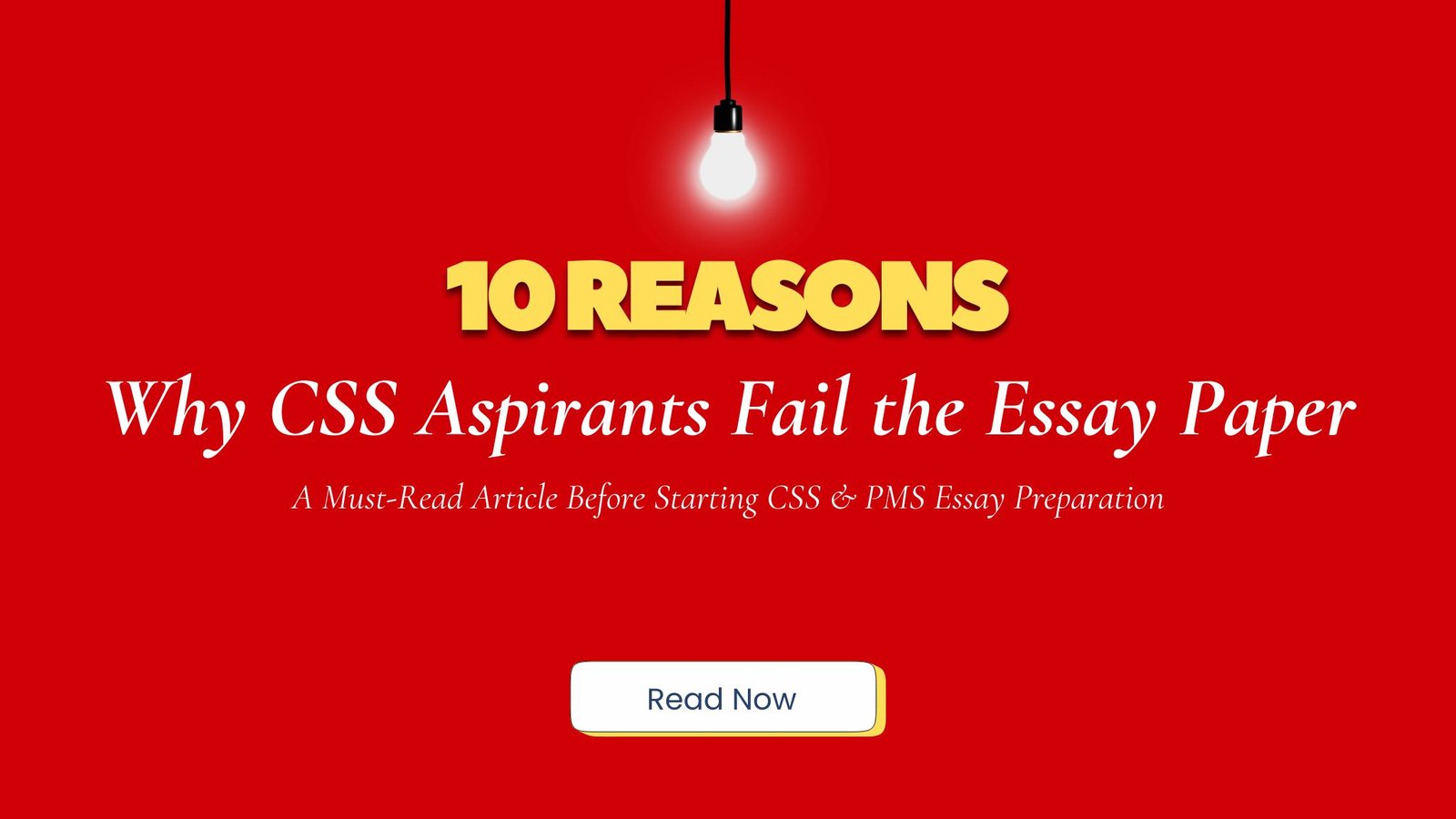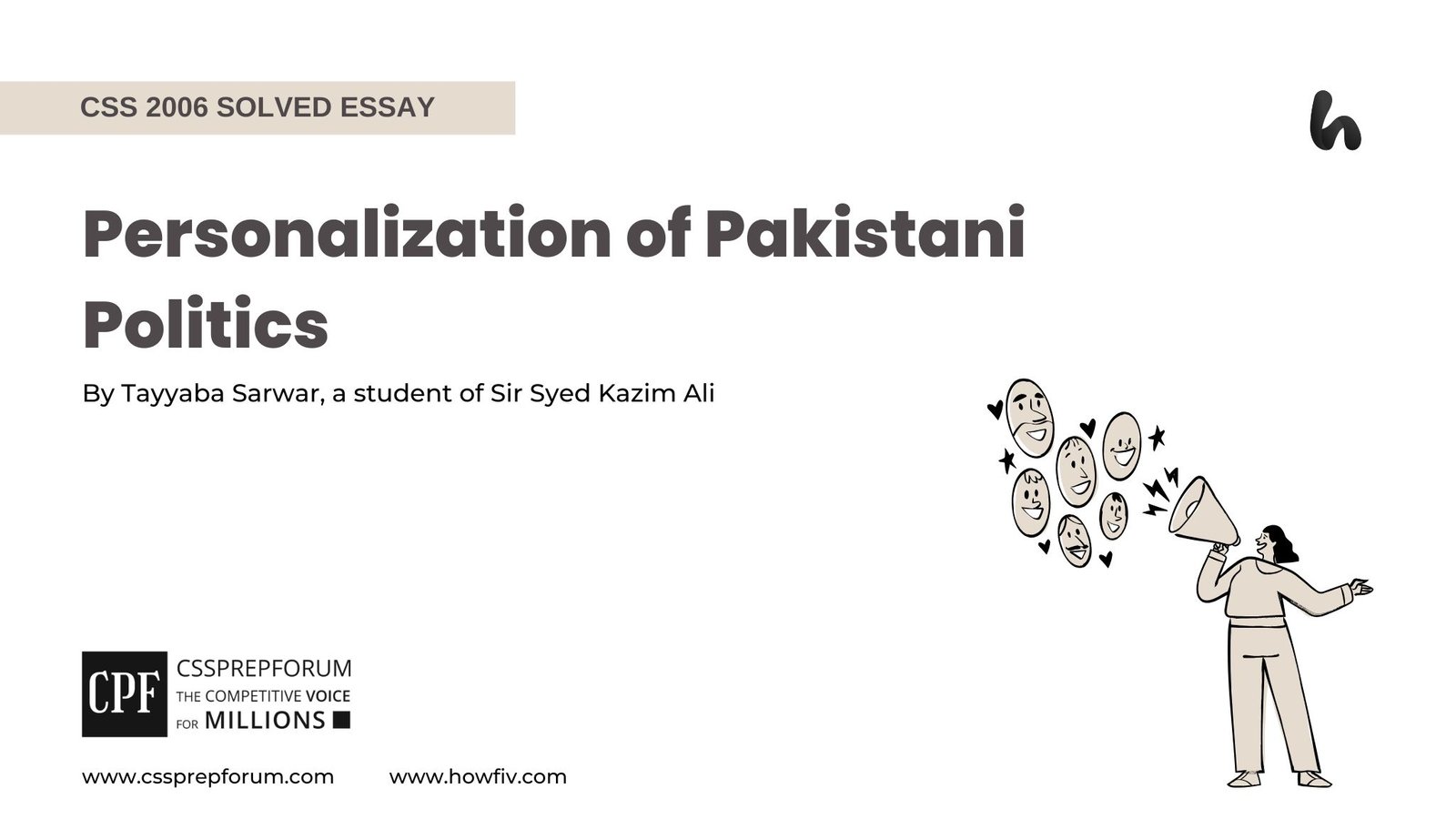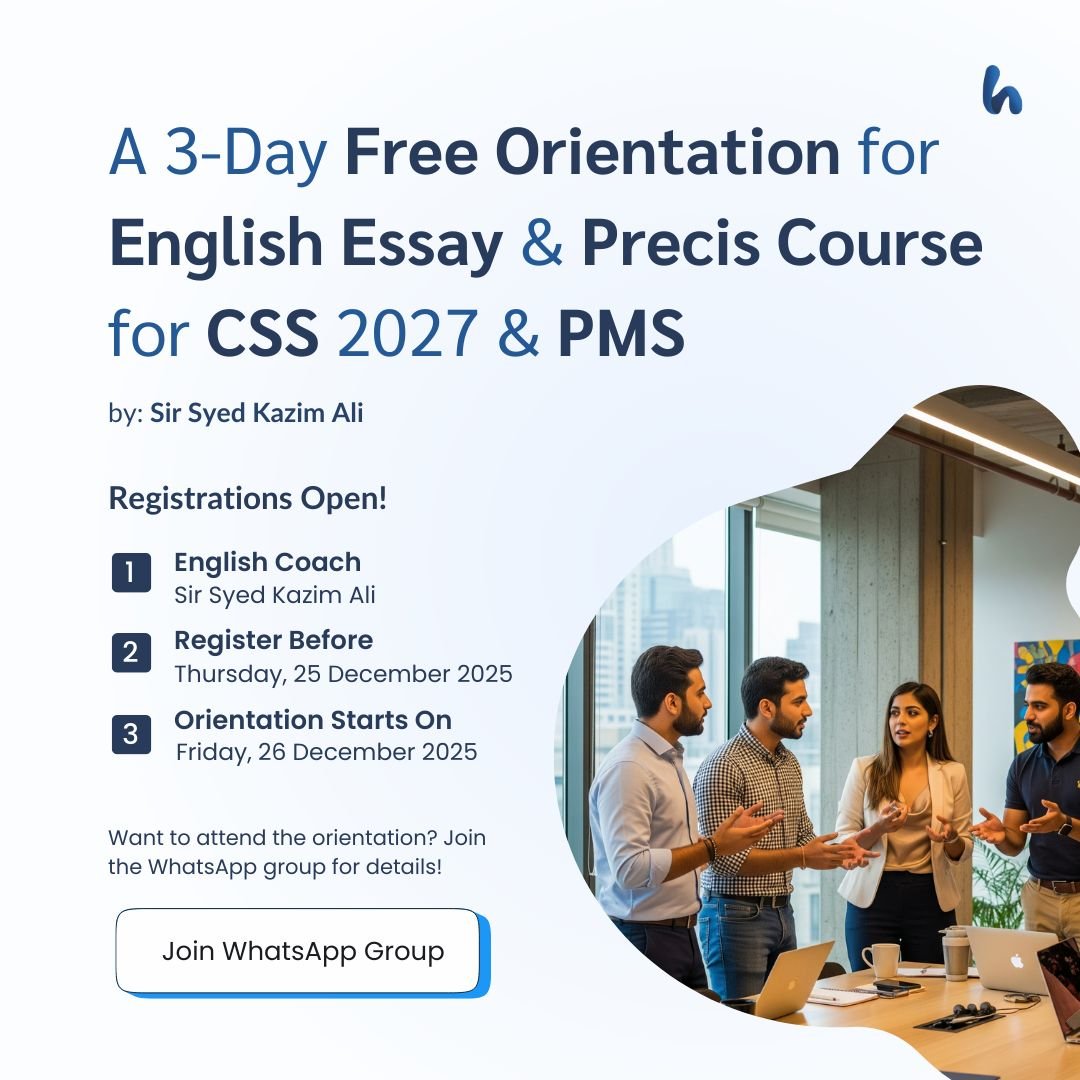Maleeha Sattar, a Sir Syed Kazim Ali student, has attempted the Civil Judge KPK 2024 Five Paragraph Essay “The Less Control the State has over the Mind, the Better for both the Citizen and the State. (Spinoza)” on the given pattern, which Sir Syed Kazim Ali teaches his students. Sir Syed Kazim Ali has been Pakistan’s top English writing and CSS, PMS essay and precis coach with the highest success rate of his students. The essay is uploaded to help other judiciary and competitive aspirants learn and practice essay writing techniques and patterns to qualify for the essay paper.

The Less Control the State has over the Mind, the Better for both the Citizen and the State. (Spinoza)
Outline
1-Introduction
While some argue that state control over thought ensures stability and unity, true societal progress emerges only when the mind remains free from coercion. The less control the state exerts over the intellect, the greater the flourishing of both the citizen and the state, for intellectual autonomy nurtures self-actualization, innovation, and a polity grounded in reason rather than subjugation.
2-Why does freedom of thought benefit the individual?
- The ability to think freely is central to personal growth, moral reasoning, and authentic self-expression.
- Evidence: Immanuel Kant, in “What is Enlightenment?”, asserts that intellectual maturity requires the courage to use reason independently.
- States that allow intellectual freedom cultivate trust, civic participation, and resilience.
- Evidence: Hegel, in “The Philosophy of Right,” argues that the rational state does not impose belief but fosters an environment where free thought strengthens its people’s ethical life (Sittlichkeit), resulting in a more stable and adaptive polity.
3- Does not state control over ideology ensure unity and prevent social chaos?
- Counterargument: Ideological oversight is necessary to maintain national identity, social order, and protection against radicalizing forces.
- Refutation: Coerced ideological conformity weakens societies by suppressing creativity, discouraging dissent, and creating a fragile political order dependent on repression rather than consensus.
4-Conclusion

The Essay Begins Below!
The strength of society lies not in the uniformity of its thoughts but in the diversity of its ideas. Throughout history, many states have attempted to control the minds of their citizens, believing that ideological conformity ensures stability and national unity. Proponents of this view argue that regulating thought can prevent social chaos, suppress radicalism, and maintain order. However, excessive control over intellectual freedom breeds stagnation, suppresses creativity, and weakens civic engagement. While some claim that state-imposed ideology fosters cohesion, true societal progress emerges only when individuals are free to think, question, and innovate. Hence, the less control the state exerts over the intellect, the more both the citizen and the state thrive, as intellectual autonomy fosters personal growth, resilience, and governance grounded in reason rather than repression.
Building upon this idea, the freedom of thought is fundamental to personal development, moral reasoning, and authentic self-expression. When individuals are free to explore diverse ideas, they cultivate critical thinking skills that promote intellectual maturity and ethical autonomy. For instance, Immanuel Kant, in “What is Enlightenment?”, asserts that enlightenment demands the courage to use one’s reason independently. Indeed, intellectual freedom encourages self-reflection, ethical decision-making, and the pursuit of truth as it enables individuals to form genuine convictions, not out of fear or coercion, but through rational inquiry. Thus, this process not only shapes personal identity but also produces responsible, thoughtful citizens who actively contribute to the growth and progress of society.
Moreover, intellectual freedom does not only benefit individuals; it also plays a crucial role in strengthening the state. States that foster free thought cultivate resilience, civic participation, and social trust, which are the bedrock of a stable and adaptive society. Unlike authoritarian regimes that rely on ideological control to maintain order, open societies build voluntary loyalty rooted in shared values and reasoned belief. Hegel, in The Philosophy of Right, argues that a rational state does not impose rigid ideologies but creates an environment where free thought enriches the ethical life (Sittlichkeit) of its people. This freedom encourages civic engagement, as citizens feel empowered to question, critique, and improve governance. Ultimately, a state that trusts its citizens’ intellectual autonomy is fortified, not weakened, by the diversity of ideas it embraces.
However, despite the compelling case for intellectual freedom, some argue that state control over ideology is necessary to maintain national unity, social order, and protection against destabilizing forces such as radicalism. They contend that a unified belief system minimizes conflict, fosters a strong collective identity, and prevents the spread of harmful ideas that could threaten societal stability. Yet this perspective overlooks the inherent fragility of a society built on coerced conformity. Forced ideological uniformity suppresses creativity, discourages dissent, and creates a brittle political structure reliant on repression. John Stuart Mill, in On Liberty, warns that suppressing intellectual freedom leads to the stagnation of ideas, as unchallenged beliefs ossify into dogma rather than evolving through critical discourse. Societies thrive not through enforced consensus but through open dialogue, where diverse perspectives strengthen social cohesion. Ultimately, genuine unity arises from reasoned agreement, not from the artificial stability imposed by ideological control.
In conclusion, while state control over thought is often justified as a means of maintaining stability, it ultimately weakens both the individual and the state. Intellectual freedom fosters personal growth, moral autonomy, and authentic self-expression, while also strengthening civic engagement and societal resilience. Although some argue that ideological control ensures unity, it breeds fragility and suppresses progress. True societal stability emerges from reasoned consensus, not coerced conformity. A government that trusts its citizens to think freely builds a foundation of enduring strength. The prosperity of both the citizen and the state depends on the liberty to think, question, and evolve.

Click on Any to Start Reading
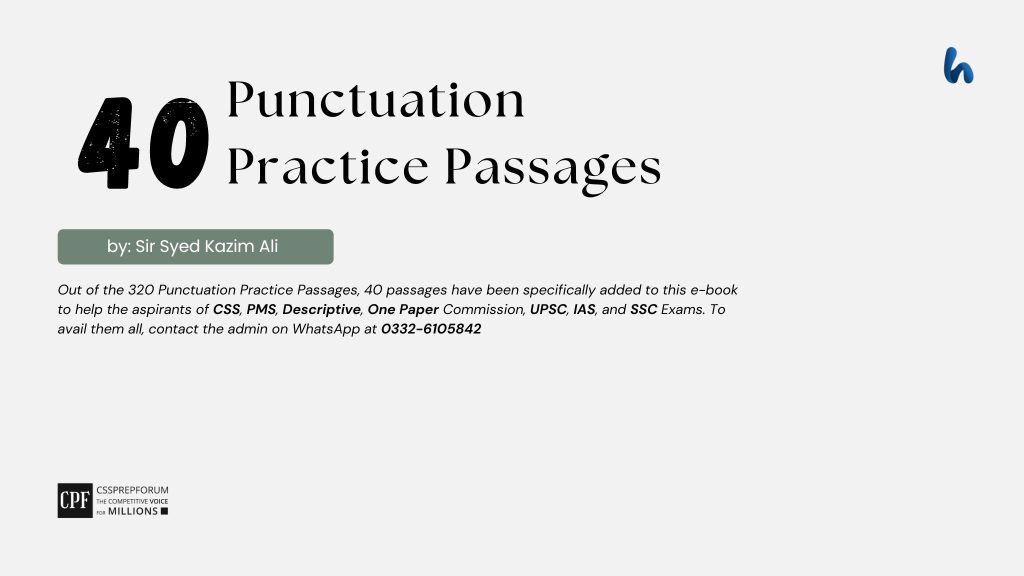
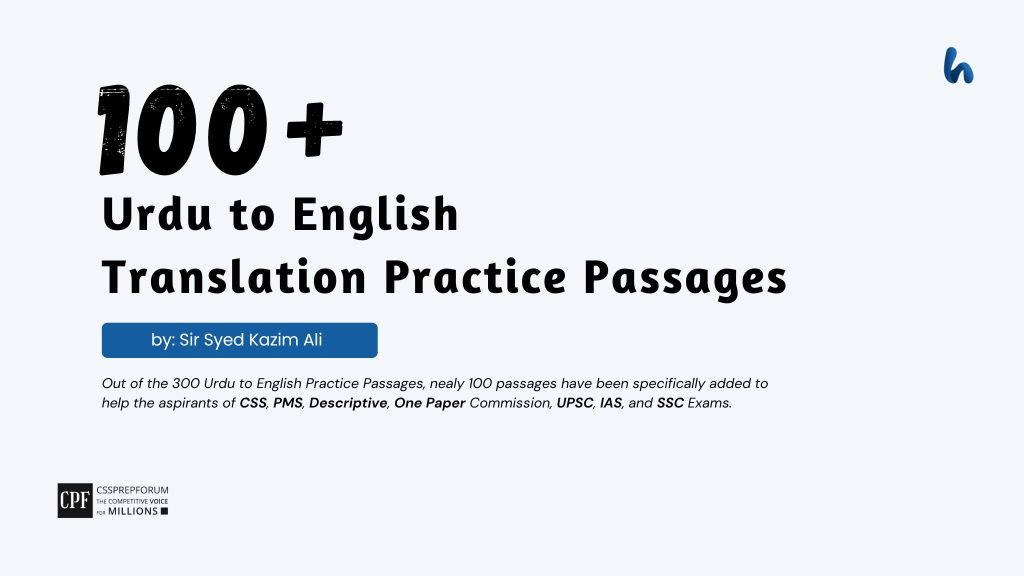

FAQs About Sir Syed Kazim Ali

CSS Solved Past Papers’ Essays
Looking for the last ten years of CSS and PMS Solved Essays and want to know how Sir Kazim’s students write and score the highest marks in the essays’ papers? Then, click on the CSS Solved Essays to start reading them.
CSS Solved Essays
CSS Solved General Science & Ability Past Papers
Want to read the last ten years’ General Science & Ability Solved Past Papers to learn how to attempt them and to score high? Let’s click on the link below to read them all freely. All past papers have been solved by Miss Iqra Ali & Dr Nishat Baloch, Pakistan’s top CSS GSA coach having the highest score of their students. General Science & Ability Solved Past Papers


